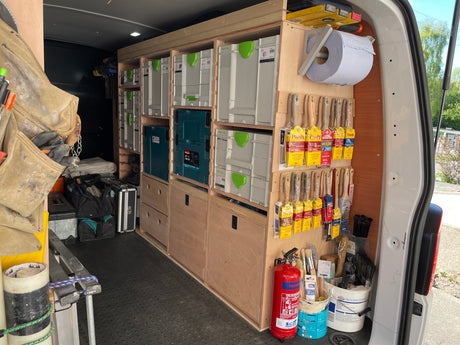The Role of Education: Preparing Future Generations to Work Alongside AI
To ensure future generations thrive in an AI-driven world, education must evolve to empower individuals to work alongside AI rather than compete with it. Here’s how education can play a transformative role:
-
Focus on AI Literacy and Digital Skills
-
Introduce AI Basics Early: Integrate foundational AI concepts and coding into primary and secondary school curricula to build familiarity. As we see in 2025 no code being a huge thing, maybe this is a ongoing change that needs to be made or even just thought about. It clearly is not in our education system.
-
Critical Thinking: Teach students to question and evaluate AI outputs, fostering informed use of AI tools. Allow the use but make sure thing are proof read before a copy and paste option.
-
Digital Proficiency: Include data analysis, machine learning, and AI ethics as core subjects in higher education. Making it mandatory, just like our Science, Maths.
-
-
Emphasise Interdisciplinary Learning
-
Blend STEM (Science, Technology, Engineering, Maths) and Humanities: Encourage learning that combines technical skills with creativity, ethics, and emotional intelligence.
-
Project-Based Learning: Promote real-world problem-solving through projects that integrate AI technology with diverse disciplines like healthcare, architecture, and environmental science. Create productivity in education, lets stop creating none thinkers, the jobs for none thinkers no longer exists. The era of Rockefellers is changing.(thats another topic a interesting one to) https://medium.com/@sofialherani/the-dark-truth-of-the-educational-system-shaped-by-john-d-rockefeller-77bf1b0167dd
-
-
Promote Lifelong Learning and Re-skilling
-
Adaptable Workforce: Offer re-skilling programs for workers whose roles are impacted by automation. at the cost of the Government, unless there is proof or intended right doing, regulations, or an attempt to fix the issue.
-
Online Platforms: Support access to affordable or free online AI education platforms, enabling continuous learning for all ages.
-
-
Shift Focus from Memorisation to Collaboration
-
Problem-Solving Skills: Teach students how to collaborate with AI and people to solve complex problems rather than performing tasks AI can automate.
-
Human-AI Interaction: Develop coursework on how to effectively integrate AI tools into workflows. Give the education early on and prosper later.
-
-
Foster Creativity and Emotional Intelligence
-
Human-Centric Skills: Emphasise skills like empathy, leadership, adaptability, and communication—qualities AI cannot replicate.
-
Creative Innovation: Encourage innovation by blending creative thinking with AI capabilities to develop unique solutions.
-
-
Democratise Access to AI Education
-
Equitable Opportunities: Provide access to AI-related courses and tools in underprivileged communities to bridge the digital divide. Giving multiple diverse background the opportunity to contribute together.
-
Accessible Resources: Collaborate with tech companies to supply free educational materials and platforms for all students. Make sure any job loss technology, or huge changes made from technology are addressed and make sure huge businees create the education prior to change.
-
-
Partner with Industry for Relevant Training
-
Internships and Apprenticeships: Offer opportunities for students to work with AI in real-world settings. Something thats lacking in 2025.
-
Industry-Aligned Curriculum: Update educational content regularly to reflect emerging trends and technologies in the job market. Be clear and transparent so everyone understands the changes ahead of time.
-
-
Incorporate AI Ethics and Responsibility
-
Ethical Decision-Making: Teach students the societal impacts of AI and the importance of responsible use.
-
Global Awareness: Include discussions on the role of AI in addressing global challenges like climate change and poverty. A global discussion board to make sure we are moving in the right direction, If for any reason we are not taking people thoughts in to account we need to understand why. The reasons can't just be because people don't like change.
-
-
Support Educators with AI Tools
-
Teacher Training: Equip educators with the knowledge and tools to integrate AI into classrooms effectively.
-
AI-Assisted Teaching: Use AI to personalise learning, assess student progress, and automate administrative tasks, freeing up teachers to focus on mentoring.
-
-
Encourage Collaboration Between Humans and AI
-
Simulated Experiences: Provide hands-on learning experiences where students collaborate with AI tools on real-world challenges.
-
Role Models: Showcase examples of successful human-AI partnerships across industries to inspire students.
-
By adapting education to the realities of AI, we can prepare future generations not only to coexist with AI but to excel in partnership with it, driving innovation and solving the world's most pressing problems.










